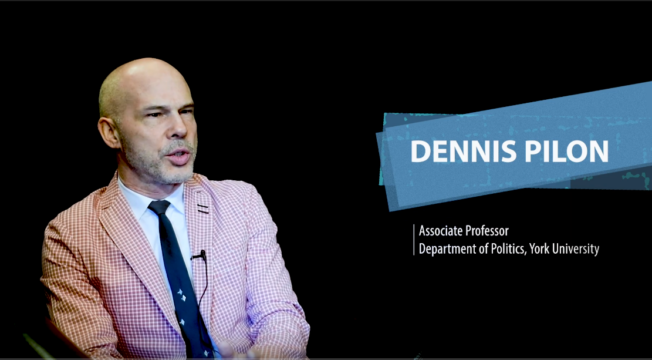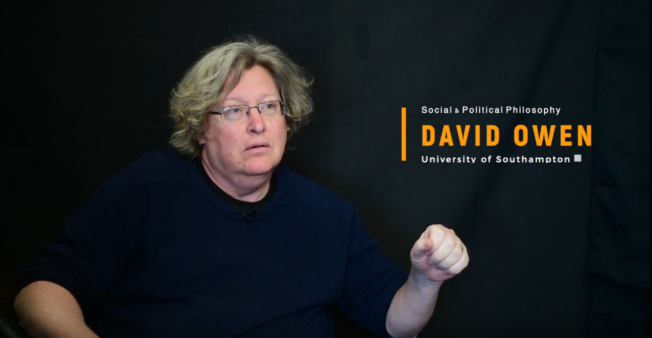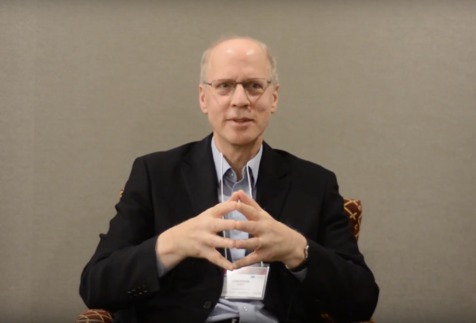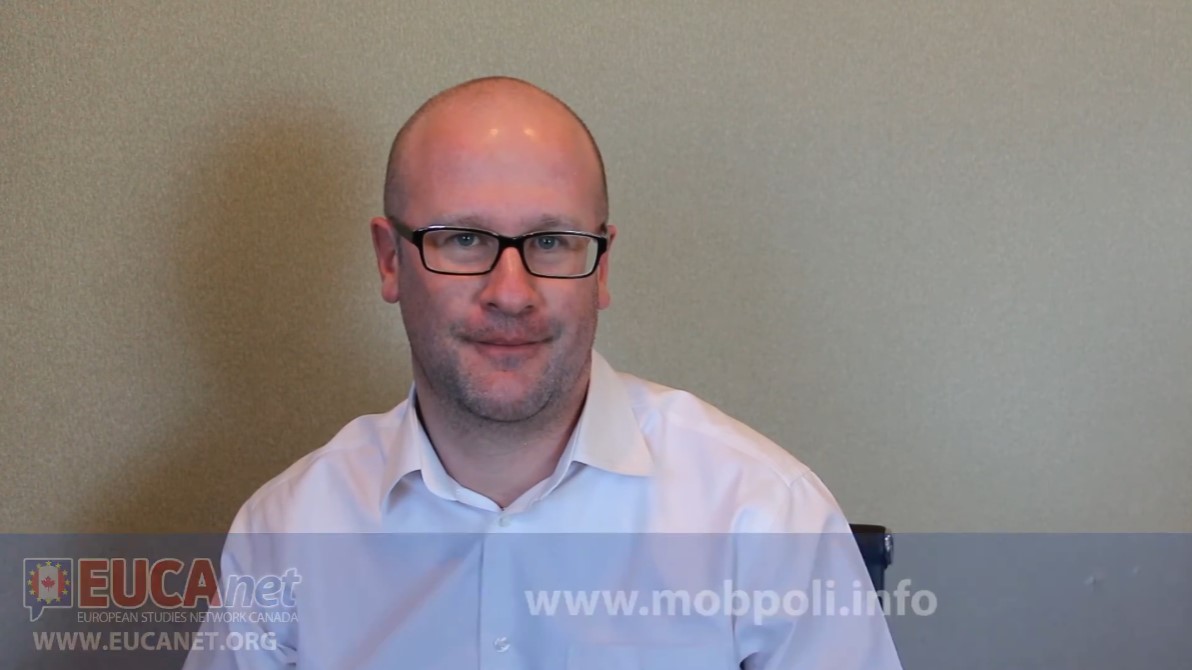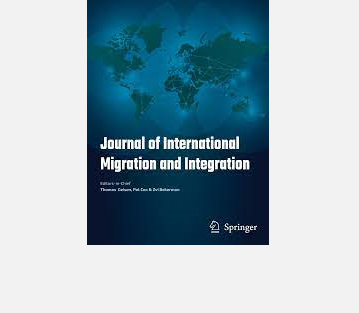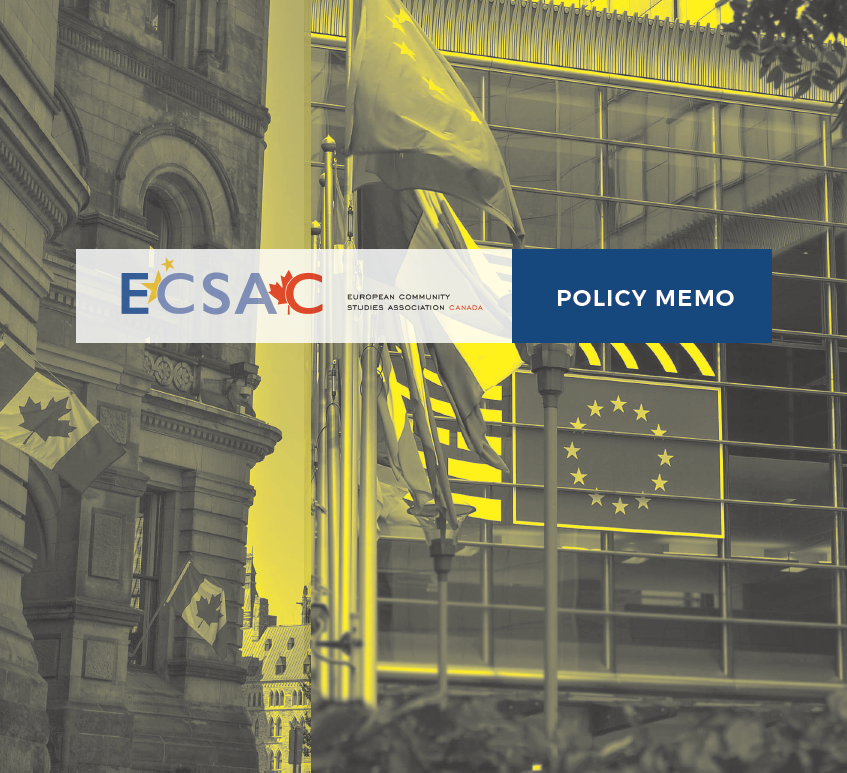Prof. Colin Macleod: What Are The Greatest Challenges Populism Poses To Democracy?
In this video, Colin MacLeod, Professor in Law and Philosophy and Chair of the Department of Philosophy at the University of Victoria, discusses how there is one kind of populism that reveals the insensitivity of democratic institutions to reasonable grievances and complaints that people have. But there is also another form of populism which is dangerous. This can be observed in popular movements that are detached from evidence, while their concerns do not seem to track any real threat or grievance. “They are not concerned to try to justify their perspective to others”, says McLeod.
“Democracy is not just about aggregating votes in a fair and democratic process but it depends for its legitimacy on an exchange of reasons” adds the scholar, stressing that a certain variety of populist movements are not only indifferent but even hostile to that. As for their view of the existing institutions, for McLeod these populist movements are not really hostile to them, rather they want to control them.
This video is part of the CEDoD project and was produced as part of the event “Constitutionalism in the Age of Populism”, which took place on 6-8 March, 2020 in Victoria, BC. CEDoD stands for “Canada Europe Dialogue on Democracy: Democratic Deficit and the Rise of Populism in Europe”. This project is co-funded by the Erasmus+ Jean Monnet Action of the European Union, the Centre for Global Studies, University of Victoria, the Social Sciences and Humanities Research Council of Canada (SSHRC), the Faculty of Law at the Eötvös Loránd University (ELTE), the Australian Government through the Australian Research Council and the University of Victoria: the Faculty of Law, the Centre for Global Studies, Vice President Research Office, Faculty of Humanities and the Faculty of Social Sciences. The European Union support for the production of publications does not constitute an endorsement of the contents which reflect the views only of the authors, and cannot be held responsible for any use which may be made of the information contained therein.
